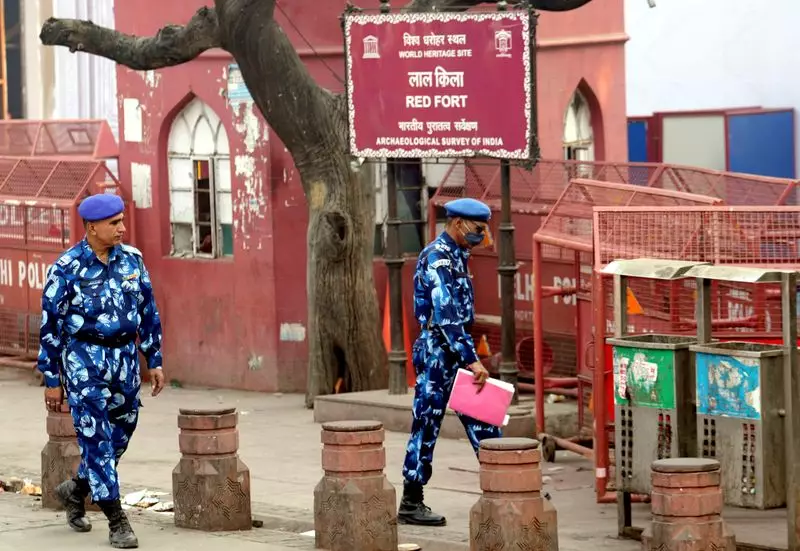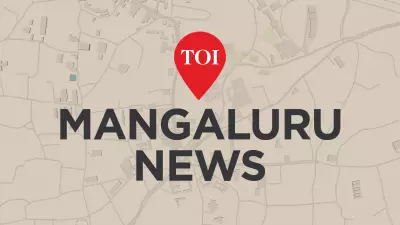
In a significant development in the Delhi blast case, a special NIA court has granted the National Investigation Agency ten days of custody for a key co-conspirator. The accused, identified as Taufeeq, is believed to be a central figure in an international terror module that orchestrated the explosion.
The Court Proceedings and Custody Order
The special court for NIA cases approved the agency's request for custodial interrogation after hearing arguments from both sides. The NIA successfully convinced the court that a ten-day period was essential to unravel the complete conspiracy and identify all individuals involved in the planning and execution of the blast.
The accused, Taufeeq, was presented before the court, which found merit in the NIA's plea for extended custody. This decision allows investigators to conduct a thorough interrogation, focusing on the suspect's precise role, his connections with other module members, and the source of the explosives used in the device.
Unraveling the International Terror Module
Investigations have revealed that this was not an isolated incident but part of a larger, more sinister plot. The NIA alleges that Taufeeq was an active participant in an international terror module with cross-border connections.
The agency's probe suggests that the module had established a network for planning and executing terrorist activities within India. The custody period will be crucial for investigators to map out this network, understand its command structure, and gather evidence on its funding and logistical support mechanisms.
Key areas of investigation include tracing the communication channels used by the conspirators, their methods of recruitment, and any potential sleeper cells that might still be active. The NIA is particularly interested in understanding the extent of the module's reach and whether it was planning further attacks.
Next Steps in the Investigation
With the accused now in their custody for the next ten days, the NIA has outlined a rigorous interrogation plan. The primary focus will be on extracting information that could lead to the apprehension of other individuals linked to the module.
Investigators will also seek to recover any digital evidence, such as messages or emails, that could shed light on the planning stages of the attack. Furthermore, they will attempt to verify the accused's movements and contacts in the days leading up to the blast.
This custodial interrogation is seen as a critical phase in the investigation, potentially providing breakthroughs that could prevent future incidents. The NIA has assured the court that the interrogation will be conducted within the legal framework, respecting the rights of the accused while vigorously pursuing all leads.
The case continues to develop as authorities work to ensure national security and bring all those responsible to justice.





